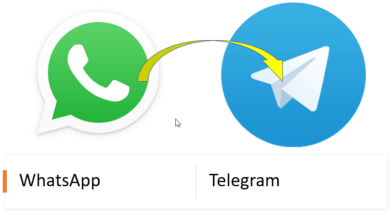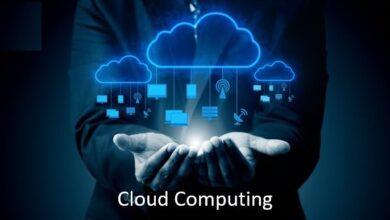Technology
Understanding Spyware: How Employers Monitor Remote Workers and Ways to Safeguard Privacy

As the world rapidly transitions to remote work models, the issue of employer surveillance looms large. Many employees assume that working from home grants them a measure of privacy, yet the reality is quite different. Employers utilize various spyware tools to monitor their remote workforce, raising significant concerns about privacy infringement. 72% of workers said their productivity will not go up for this.
Here, we will get into the methods employers employ to monitor employees, highlight the implications of tracking software like Controlio, and offer practical strategies to protect individual privacy in the remote work landscape.
What is Employer Surveillance?
In the wake of the COVID-19 pandemic, remote work became a necessity for countless companies, prompting a surge in the adoption of monitoring tools. These tools, often marketed as productivity enhancers, can range from monitoring email communications for trigger words to tracking computer activity in real-time. Among the most pervasive of these tools is Controlio, which enables employers to monitor employee computer usage, keystrokes, and internet activity with alarming precision.
Implications of Controlio and Similar Tools
Controlio, like other tracking software, raises significant privacy concerns for remote workers. Employees may unwittingly compromise personal information or engage in activities unrelated to work, unaware that their every move is being monitored.
Moreover, the use of such software erodes trust between employers and employees, leading to decreased morale and productivity. According to recent statistics, 12% of all firms have already installed tracking software (bossware), with larger firms showing even higher adoption rates.
Protecting Individual Privacy
Despite the prevalence of surveillance tools, there are steps remote workers can take to mitigate privacy risks. First and foremost, it’s crucial to maintain strict boundaries between personal and work devices. keep your work computer for work only reduces the likelihood of inadvertently exposing personal information to employers.
Additionally, utilizing separate messaging apps and devices for personal communications ensures that sensitive conversations remain private. Regularly reviewing privacy settings and being mindful of the information shared during virtual meetings can also help safeguard individual privacy.
The Legal Landscape
While the use of tracking software raises ethical concerns, the legal landscape surrounding employer surveillance remains complex. Laws governing employee privacy vary widely across jurisdictions, leaving many workers vulnerable to invasive monitoring practices.
However, recent developments indicate a growing recognition of the need to protect individual privacy in the remote work environment. Advocacy groups and lawmakers are pushing for stronger regulations to limit the scope of employer surveillance and uphold employee rights.
Conclusion
In an era of remote work, the issue of employer surveillance demands urgent attention. Tracking software like Controlio has become ubiquitous in many workplaces, posing significant threats to individual privacy and autonomy. As employees navigate this new reality, it’s essential to remain vigilant and proactive in safeguarding personal information.
By understanding the methods used by employers to monitor remote workers and implementing effective privacy measures, individuals can assert greater control over their digital footprint and protect their fundamental rights in the virtual workplace.





